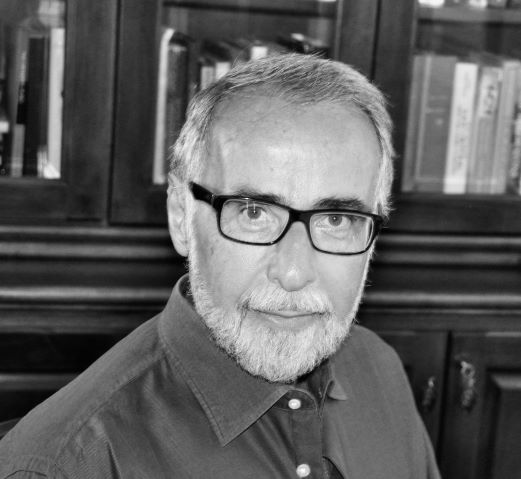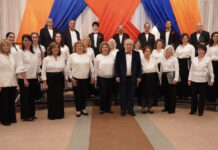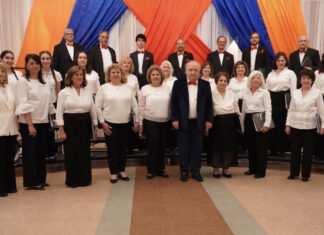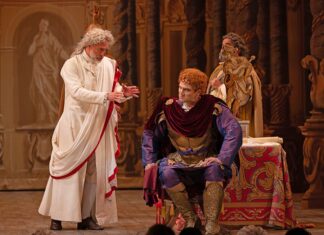By Vahan Zanoyan
In November 2019, when a bitter political controversy about education and culture was brewing in Yerevan, I published an article, in Armenian, entitled “Culture, Education, Statehood, Citizenship.” That was ten months before the outbreak of the Artsakh war, and more than a year before its devastating end. Armenia was a different place then, and, in spite of the acrimonious debate that had erupted around the “Super Ministry” of Education, Science, Culture and Sports, the country was a much happier place than today. Today, as the nation struggles to come to grips with the catastrophic defeat, discussing matters of culture and education seems like a frivolous luxury.
But the topic is even more relevant now than it was back then. One of the points of that article was that despite our otherwise very rich cultural heritage, fate has deprived the Armenian nation of a culture of statehood. Which means, we have not had the opportunity to develop a tradition of sovereignty, citizenship, governance, security, operational patriotism (versus emotional patriotism, of which we have plenty). Armenians have been citizens of many countries, but only very briefly citizens of Armenia. In the past 646 years, there’s been an independent and sovereign Armenian state for only 32 years, divided between the first and third republics; and another 71 years of non-sovereign statehood, during the second republic, when the Armenian Soviet Socialist Republic was part of the Union of Soviet Socialist Republics (USSR). The rest of the time, even non-diaspora Armenians lived as subjects of various foreign empires — Russian, Ottoman, Persian.
The problem, and the point of this argument, is that as subjects of foreign empires, a significant portion of the Armenian population has been conditioned to accommodate the ruling authority in order to survive; it has learned to “trade” independence and sovereignty for economic and physical survival; beyond that, Armenians have managed to salvage an important cultural heritage. But, as a nation, we have not had the opportunity to focus on our own military security or state sovereignty. This was equally true for Armenian subjects of the Ottoman Empire, the Russian Empire, and for citizens of the Soviet Union, even though, as part of the Soviet Union, Armenia was not just an ethnic community within an empire, but a separate republic, with distinct borders, a local government and governmental institutions, and with a strong nationalistic culture and considerable autonomy when it came to preserving its cultural identity and practicing local governance. The economic, scientific and cultural achievements of the Armenian population were remarkable in this period, often in spite of the oppressive hand of the central authorities of the USSR. But the Armenian SSR was not a sovereign state; it could not conduct its own foreign policy distinct from that of the USSR, nor could it maintain a national army dedicated strictly to the defense of its own borders.
It is largely because of surviving without a sovereign nation state that Armenians have developed considerable “emotional patriotism.” Emotional patriotism flourishes with an idealized version of a lost or subjugated fatherland, and relates intimately to culture, language and faith, which sustain it. Operational patriotism, on the other hand, is tied to an existing sovereign state. The reality of an independent Armenian state is harsher than the idealized nostalgic fatherland, and, as importantly, comes with an enormous responsibility; consequently, it has not been easy for emotional and operational patriotism to overlap.
A notable exception are the fighting soldiers and volunteers of the Armenian defense forces, for whom fighting to defend the “fatherland” is a sacred mission, regardless of the “state” that sent them to war. Talking to dozens of military conscripts and officers since 2016, as well as family members of martyred soldiers and volunteers, I came out with an overwhelming confirmation that their sense of duty was to fight for the fatherland (Հայրենիք) and not necessarily for the prevailing government. Few parents, if any, would want their son to die defending the ruling elite, or the government, or even the abstract notion of Armenian Statehood. But most parents, and the soldiers themselves, would sacrifice their lives defending what they call their “Hairenik.”








